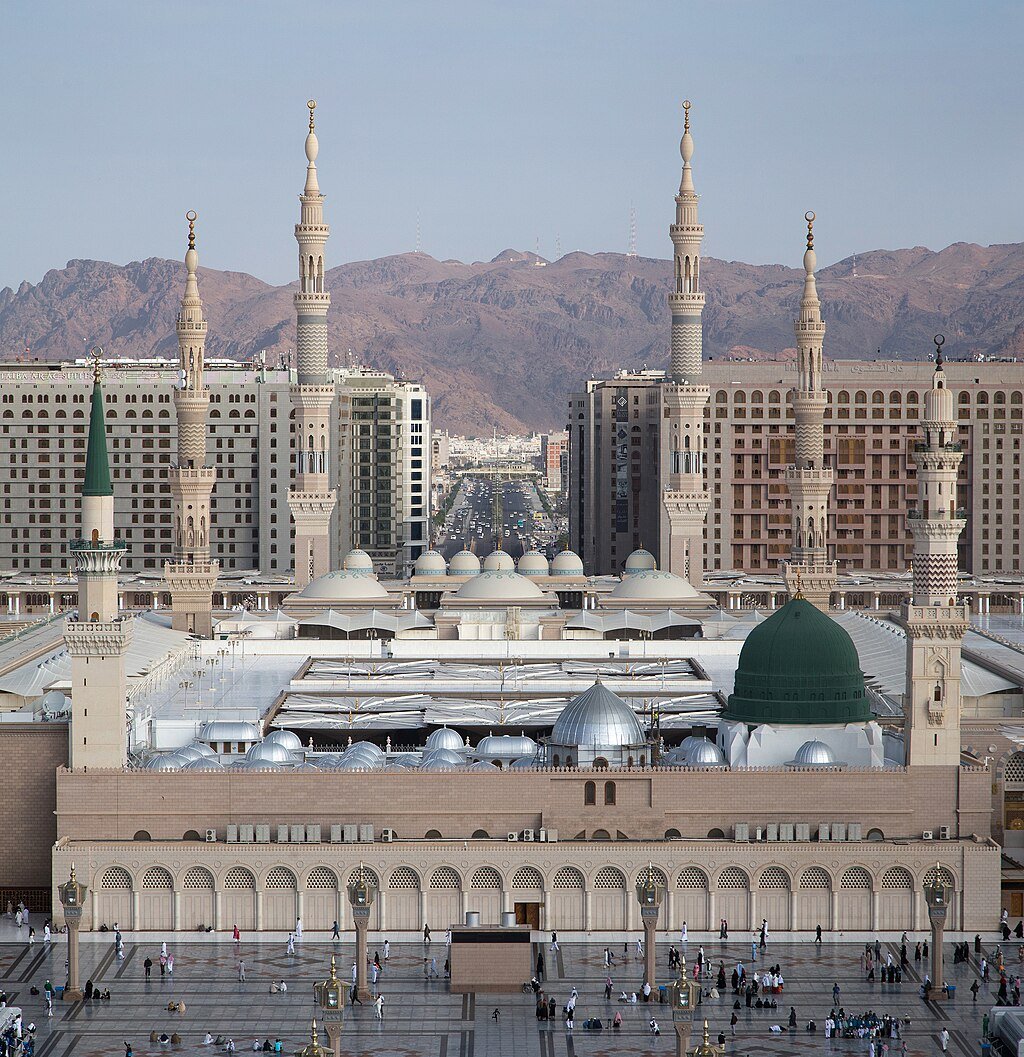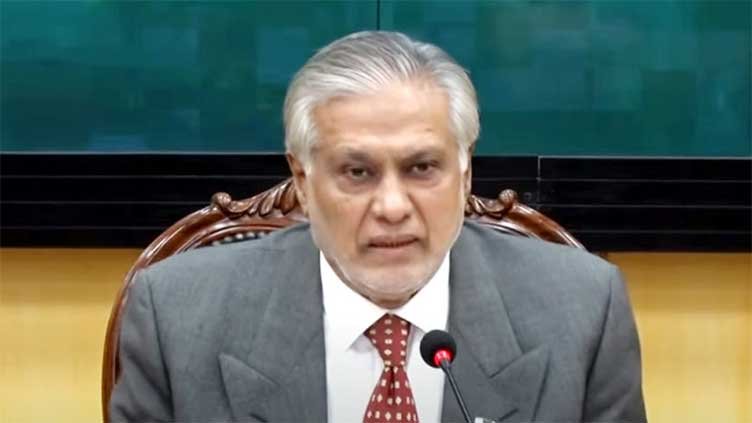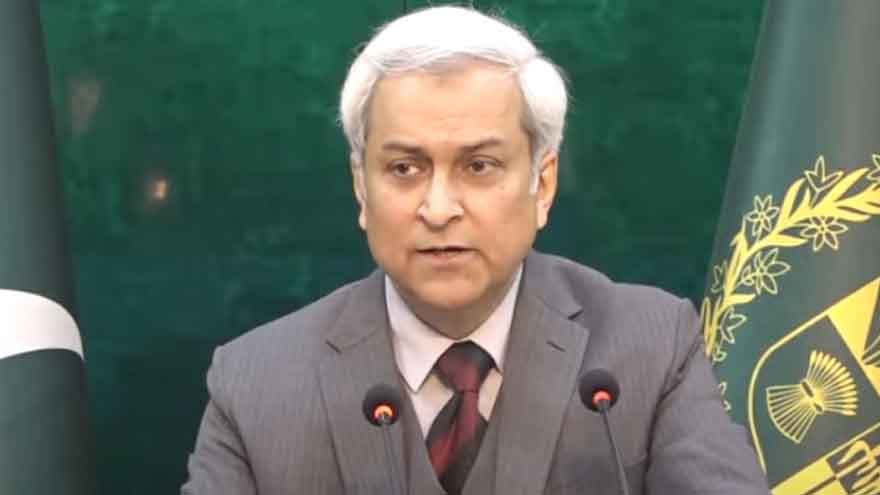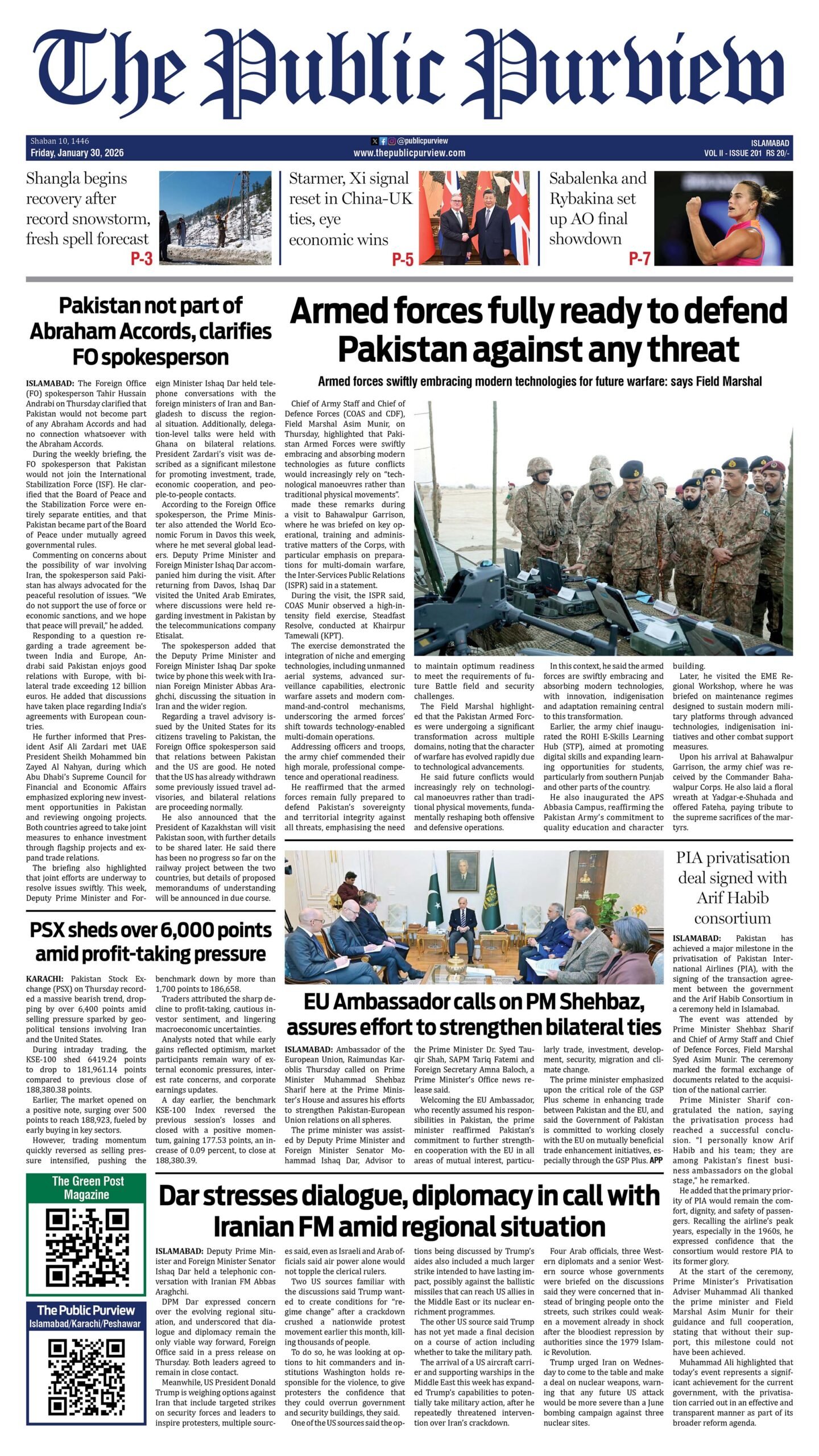
By Zafran Awan
Reflecting on the Leadership of Prophet Muhammad (PBUH)
As a Muslim writer, it is both a duty and an honour to reflect upon the unparalleled leadership of Prophet Muhammad (Peace Be Upon Him). For us, He is the final Messenger of God, the model of justice, compassion, and strength. Yet, what adds further weight to His legacy is that His greatness has also been acknowledged by many non-Muslim scholars, historians, and thinkers. They studied His life not through faith, but through the lens of history.
Prophet Muhammad Leadership: Most Influential Figure in History
As history records in The 100: A Ranking of the Most Influential Persons in History, American historian Michael H. Hart placed Prophet Muhammad (PBUH) as the most influential figure in human history. Hart explained that unlike many other great personalities, Prophet Muhammad (PBUH) combined religious and political leadership with remarkable success. He thus concluded: “He was the only man in history who was supremely successful on both the religious and secular levels.” This recognition underlines that the leadership of Prophet Muhammad (PBUH) was holistic. He was not only a spiritual guide but also a statesman, lawgiver, and reformer.
Admiration for Prophet Muhammad Leadership from Historians
In reflecting on the French historian Alphonse de Lamartine’s work Histoire de la Turquie (1854), one finds admiration for the extraordinary results achieved by Prophet Muhammad (PBUH). Lamartine argued that if greatness of purpose, smallness of means, and astonishing outcomes are the true measures of genius, then none could compare to Him. By making this assertion, Lamartine affirmed that His leadership was not built on wealth or armies. Rather, it was founded on vision, character, and faith.
From the writings of the British thinker Thomas Carlyle in Heroes and Hero-Worship (1840), we encounter a powerful defense of the sincerity of Prophet Muhammad (PBUH). Carlyle condemned the slanders of his time and emphasized His authenticity. He declared: “A silent great soul; He was one of those who cannot but be in earnest. The lies (Western slanders) which well-meaning zeal has heaped round this man are disgraceful to ourselves only.” Through this perspective, Carlyle underscored that the leadership of Prophet Muhammad (PBUH) stemmed from truth, integrity, and earnestness rather than pretension or force.
Gandhi on Moral Leadership
According to Mahatma Gandhi, the legacy of Prophet Muhammad (PBUH) lay not in military conquest but in moral force. Gandhi observed: “It was not the sword that won a place for Islam. It was the rigid simplicity, the utter self-effacement of the Prophet, the scrupulous regard for pledges, His intense devotion to friends, His intrepidity, His absolute trust in God and in His mission.” By presenting this view, Gandhi illuminated how His leadership rested on humility, trust, and devotion rather than coercion.
A Legacy That Transcends Boundaries
Through the lens of these diverse testimonies, it becomes evident that the leadership of Prophet Muhammad (PBUH) transcended religious boundaries. It inspired admiration even from those outside the fold of Islam. He was not only a religious figure but a visionary leader who transformed a fragmented society into a just community. He laid down principles of equality and morality and inspired loyalty that endures across centuries. For Muslims, Prophet Muhammad (PBUH) is the Mercy to Mankind; for historians, He remains one of the greatest leaders to walk the earth. His life continues to demonstrate that true leadership is not about power or conquest but about serving humanity with sincerity, vision, and unwavering moral courage.






 Today's E-Paper
Today's E-Paper